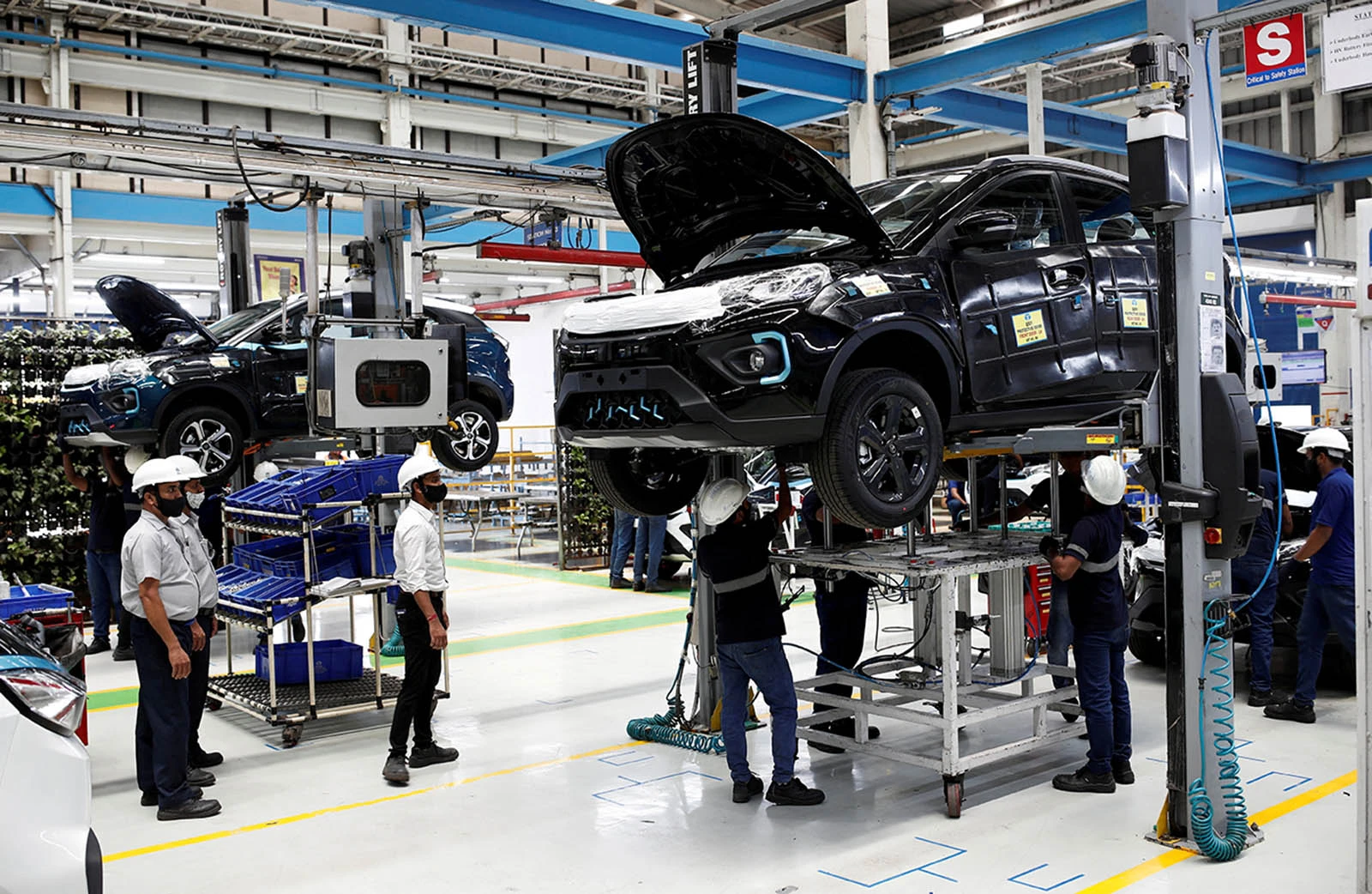At the Mobile World Congress (MWC) in Barcelona, smartphone manufacturers are showcasing their latest devices equipped with cutting-edge artificial intelligence (AI) capabilities to rekindle consumer demand and boost smartphone sales. Industry leaders and smaller players alike are focusing on integrating unique AI-powered features into their flagship devices to offer more exciting and compelling reasons for users to upgrade.
The trend was evident in Samsung’s premium AI-powered Galaxy S24 range, which features real-time voice translation for calls in multiple languages and an AI-powered photo editing tool. This tool enables users to easily manipulate and remove objects and people from photos, automatically filling the empty spaces to match their surroundings.
Honor, a Chinese smartphone maker, launched its flagship Magic 6 Pro smartphone with AI-infused capabilities, including a motion-sensing camera for capturing fast actions like sports at optimal moments. The device also utilizes AI to anticipate user needs, such as recognizing addresses in text messages and automatically directing users to map apps.
AI’s increasing integration into smartphones is attributed to the enhanced computing power of AI chips, allowing these features to be implemented directly on the handset without relying extensively on cloud computing.
As consumers are delaying smartphone upgrades due to a perceived lack of significant innovations, high inflation, and economic uncertainties, smartphone manufacturers are betting on AI-powered tools to drive consumer interest. The goal is not only to improve user experiences but also to potentially open new revenue streams. Samsung, for instance, has hinted at introducing more advanced AI features for paid subscribers in the future.
Analysts believe that effectively communicating the benefits of AI and the new features to users will be crucial in overcoming skepticism and encouraging adoption. The focus on AI comes at a time when global smartphone shipments experienced a decline of 3.2% in 2023, marking the second consecutive yearly decline. Despite this, the industry anticipates a marginal rebound in smartphone sales this year.



